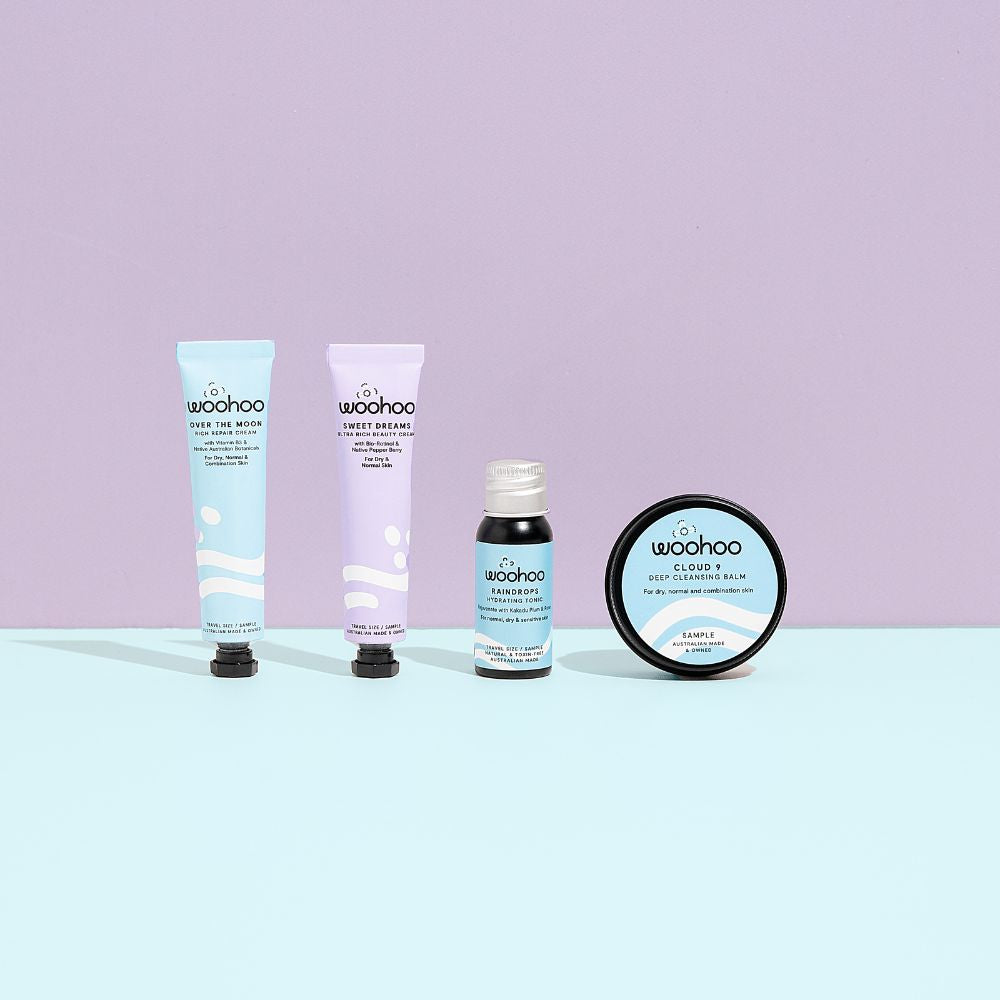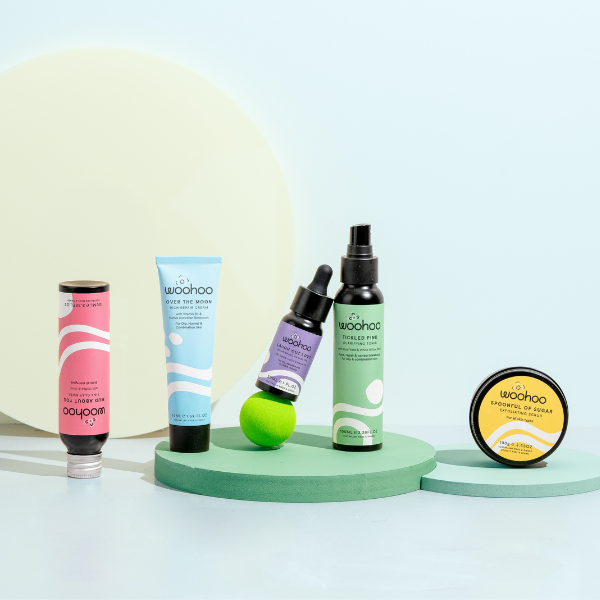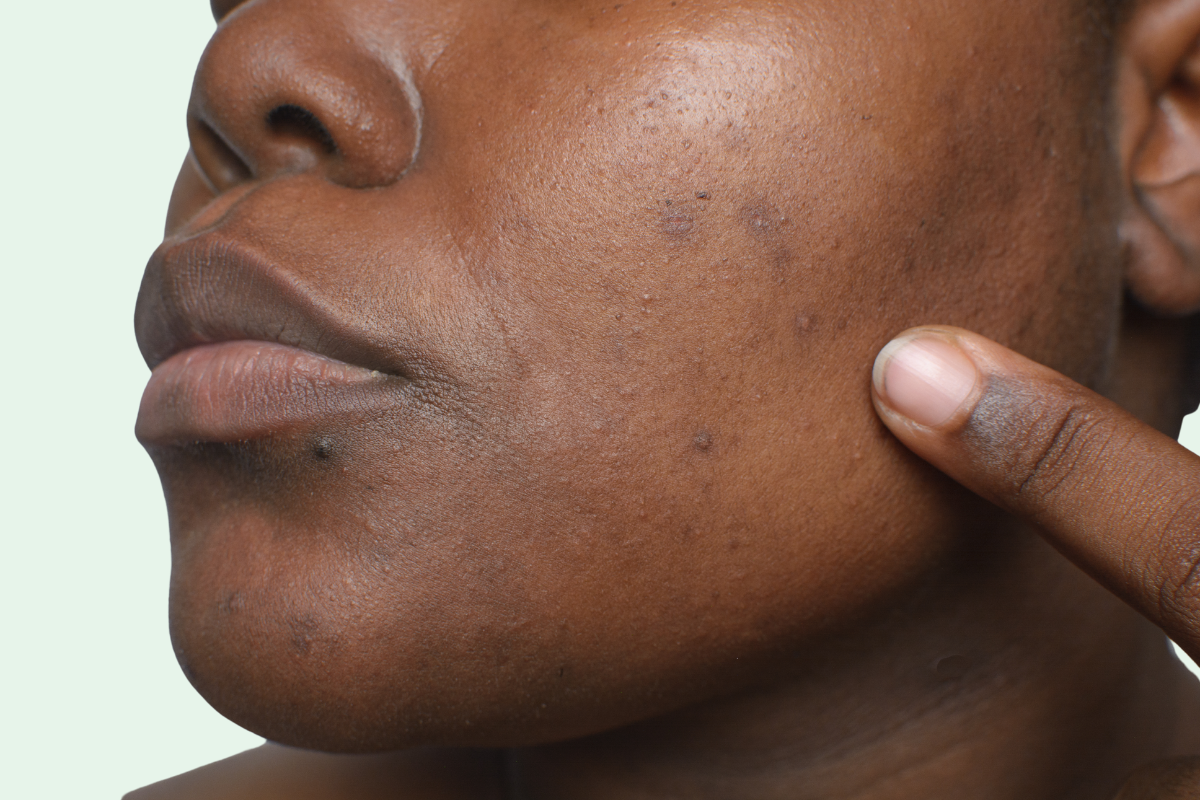For a long time there’s been a misconception about fat. That is, it should be avoided if we want to be healthy. But over recent years there’s been a shift in thinking and it’s more widely recognized that there are ‘good’ fats and ‘bad’ fats.
Essential fatty acids (EFAs) such as omega-3 and omega-6 are some of the good guys. These fatty acids are needed for numerous biological processes in the body, and must be part of our diet if we want to remain well. They are classified as an essential nutrient as the body can’t make the nutrients from other building blocks, but must come from the food we eat.
Why we need them
- Our Brain – About 60% of our brain is made up of fatty tissue which insulates nerve cells and pathways to ensure efficient transmission of messages. In children who have rapidly developing brains this makes them essential for their brain and eye health and development. A deficiency will contribute to depression, dyslexia, ADHD, autism, fatigue, memory and behaviour problems in children and adults.
- Our general health and wellbeing – EFAs provide a sustained source of energy for all ages. They reduce the risk of eczema and asthma in children. Omega-3 is also needed for a well functioning immune system.
- Our heart – EFAs protect against cholesterol formation within arteries. EPA and DHA which are extracted from omega-3 will improve cholesterol by lowering triglycerides and lifting HDL (good cholesterol) levels. It also maintains healthy heart rate, making sure the heart doesn’t work harder than it needs to. Deficiency in EFAs appear to be one of the most significant nutritional factors in the development of cardiovascular diseases.
- Our joints and bones – EFAs reduce joint tenderness and stiffness as seen in arthritis and osteoarthritis.
- Our skin – EFAs reduce acne, psoriaris and eczema and will eliminate that ‘chicken skin’ feel on your upper arms or thighs.
- Our bowels – EFAs reduce the inflammation found in Crohn’s disease, ulcerative colitis, and many other difficulties with the digestive system.
- Our lungs – EFAs utilise anti inflammatory properties to reduce the effect of asthma and other breathing difficulties.
- Female health – EFAs significantly reduce the pain associated with PMS and menstruation.
EFA deficiency signs and symptoms

- Fatigue
- Dry, flaky, itchy skin
- Skin disorders (eczema, psoriaris, acne, ‘chicken skin’)
- Sores on the scalps of infants
- Alopecia
- Gut problems (diarrhoea, IBS, IBD)
- Reduced immunity, allergies, increased risk of infections
- Poor growth
- Poor wound healing
- Cardiovascular problems (heart disease, anaemia, hypertension)
- Mental problems (depression, ADHD)
- Reproductive failure
- Kidney and liver disorders
- Problems with vision
Getting the balance right
When looking at our diet first we need to think about the balance of good fats vs bad fats in the food you eat. The modern diet is generally low in EFAs (the good fats) whilst being high in refined fatty acids (the bad fats) – also known as trans fats or trans fatty acids.
Once you have EFAs (good fats) in your diet then we also need to think about the ratio of omega-3 to omega-6 which is usually out of balance.
Omega-6 is easily found in the average person’s diet because our diet is heavily based in grains and vegetable oils. But we are not so good at getting omega-3 in our diet.
For balanced health it is recommended to have about 4 times the amount of omega-6 foods to omega-3 foods (the same applies to your skincare too). But the average person is much more likely to have 20 times the amount of omega-6 to omega-3 in their diet.
Where can I get Omega 3 & 6?

Your whole body can benefit from eating EFAs, plus you can get lots of additional skin benefits by putting them directly onto your skin.
EFAs are largely found in plant foods so watch out for these to increase EFAs in your diet:
- Omega-3 fats are found in vegetable oils such as chia seed, flaxseed (also known as linseed), hemp seed, canola, soybean, walnut and wheat germ. They’re also found in high levels in cold water fish (like salmon and sardines) and shellfish.
- Omega-6 fats are found in leafy vegetables, seeds, nuts, grains, and vegetable oils (safflower, sunflower, corn, soybean, sesame).
Some of the best sources of EFAs for your skin are:
- Omega-3 fats are found in chia seed oil and hemp seed oil
- Omega-6 fats are found in camellia oil, macadamia oil, argan oil, castor oil, chia seed oil and hemp seed oil
Check out the Good Vibes Omega Facial Oil, Cloud 9 Deep Cleansing Balm or TLC Intensive Repair Oil because they’re packed with these wonderful skin EFAs and in the right balance for your skin.

What about Omega 9?
And finally, in case you’re wondering why no mention of omega-9 fats, that’s because they are classified as ‘non-essential’ so we can synthesise them from other things we eat, and don’t have to depend on direct dietary sources to obtain them.
The key issue today is making sure you have plenty of omega-3 and in an ideal balance to other fats. Omega 3 essential fatty acid is truly essential for your health and wellbeing.
About the Author – Ruth Fellowes
 Ruth is a naturopathic Nutritionist, public speaker and Additive Alert presenter with advanced qualifications in Nutritional Medicine. Nutritional Medicine emphasizes that food is highly effective as medicine and that every individual has a unique interaction with food and nutrients. Quality supplements are also valuable as being a quick way to get someone out of a nutritional black hole and back on track to a beneficial diet. Ruth became interested in Nutrition when she was practicing as a Move to Learn instructor in Sydney to assist children with learning and behavioural difficulties. Nutritional intervention became quickly recognized as a key factor to help the child with difficulties and now this is an area of speciality for Ruth. Other areas of particular interest are food intolerances, stress and anxiety, fatigue and digestive disorders.
Ruth is a naturopathic Nutritionist, public speaker and Additive Alert presenter with advanced qualifications in Nutritional Medicine. Nutritional Medicine emphasizes that food is highly effective as medicine and that every individual has a unique interaction with food and nutrients. Quality supplements are also valuable as being a quick way to get someone out of a nutritional black hole and back on track to a beneficial diet. Ruth became interested in Nutrition when she was practicing as a Move to Learn instructor in Sydney to assist children with learning and behavioural difficulties. Nutritional intervention became quickly recognized as a key factor to help the child with difficulties and now this is an area of speciality for Ruth. Other areas of particular interest are food intolerances, stress and anxiety, fatigue and digestive disorders.
Consultations are currently held at Organic Feast, East Maitland 2323. You can contact Ruth on 0425 301 485.








